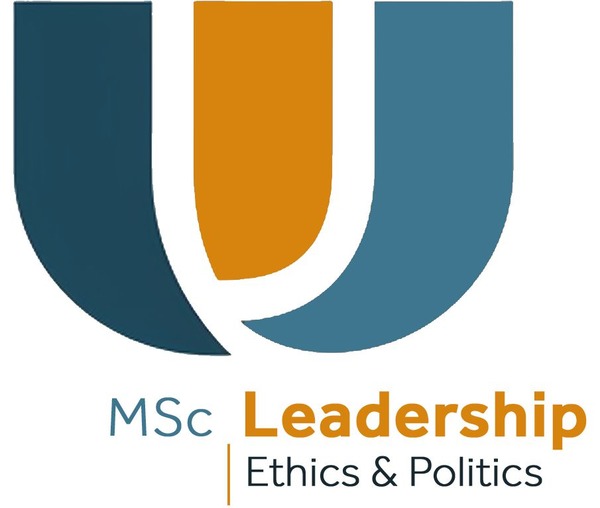Course : Artificial Intelligence: Implementation, Risks, and Prospects
Course code : PHILOSOPHY1065
LEPE8 - Ευάγγελος Πρωτοπαπαδάκης
Course Description

"Artificial Intelligence: Implementation, Risks, and Prospects" offers a comprehensive examination of AI from technical and ethical viewpoints. This course covers AI applications in sectors like healthcare, finance, and transportation, emphasizing both benefits and challenges. Students learn AI algorithms, machine learning, and neural networks through practical projects. Ethical considerations, including bias and privacy issues, are addressed. By analyzing real-world cases, students evaluate risks and opportunities in AI deployment, exploring responsible development and governance strategies. This course equips students to navigate AI implementation complexities, leveraging its transformative potential while addressing concerns.
-
Course Syllabus
I. Introduction to basic concepts
- Algorithms
- Big data
- Machine learning - deep learning - artificial neural networks
- Natural language processing (NLP)
II. Applications - perspectives
- Health
- Communication - Mass media - World Wide Web, social networks
- Transportation - "Autonomous vehicles"
- "Smart cities"
- Administration - justice delivery
- Scientific research
III. Ethical challenges
- Security
- Big data
- Algorithmic and other biases
- Transparency and effectiveness
- Accountability
- The problem of dual use
IV. The ethical-practical framework
- Fundamental principles and values. Autonomy, integrity, justice, equality, non-harm, beneficence, transparency, and accountability, explainability
- Programming "ethical" algorithmic behavior (ethics by design, ethics in design, ethics for design)
- Codes and international guidelines
- Leadership and governance systems
- Relationship between ethics and law, self-regulation, and regulation
Course Objectives/Goals
Instructional Methods
This course employs a dynamic blend of instructional methods to ensure a comprehensive learning experience. With a focus on engagement and flexibility, the instructional approach comprises 75% face-to-face teaching, fostering direct interaction between instructors and students in a traditional classroom setting. Additionally, 25% of the course involves distant teaching, which can be delivered either synchronously or asynchronously. This remote component allows students to access course materials, participate in discussions, and engage with learning activities at their own pace, leveraging online platforms and resources. By combining face-to-face interaction with remote learning opportunities, the course aims to cater to diverse learning styles and preferences, facilitating deeper understanding and collaboration among students while accommodating individual schedules and needs.
Assessment Methods
- 20%: Participation
- 20%: Oral presentation
- 60%: Written assignment
Prerequisites/Prior Knowledge
This module has no prerequisites in the curriculum or prior knowledge requirements.
Instructors
Instructors for the course will be announced shortly.
Bibliography
- Christian, Brian, and Tom Griffiths. Algorithms to Live By: The Computer Science of Human Decisions, New York: Henry Holt and Company, 2016.
- Danaher, John. «Welcoming Robots into the Moral Circle: A Defence of Ethical Behaviourism», Science and Engineering Ethics (2020) 26(4):2023-2049.
- Jacy, Jamie & Harris Reese Anthis. “The Moral Consideration of Artificial Entities: A Literature Review”, Science and Engineering Ethics (2021) 27:53
- Floridi, Luciano et als. “AI4People—An Ethical Framework for a Good AI Society: Opportunities, Risks, Principles, and Recommendations”, Minds and Machines (2018) 28:689–707.
- Floridi, Luciano. “On the Morality of Artificial Agents”. Minds and Machines, 2004
- Natale, Simone. Deceitful Media: Artificial Intelligence and Social Life After the Turing Test, New York, NY: Oxford University Press, 2021.
- Nissenbaum, Helen Fay. Privacy in Context: Technology, Policy, and the Integrity of Social Life. Stanford, CA: Stanford Law Books, 2010.
Agenda
Announcements
ALL ANNOUNCEMENTS...- - There are no announcements -